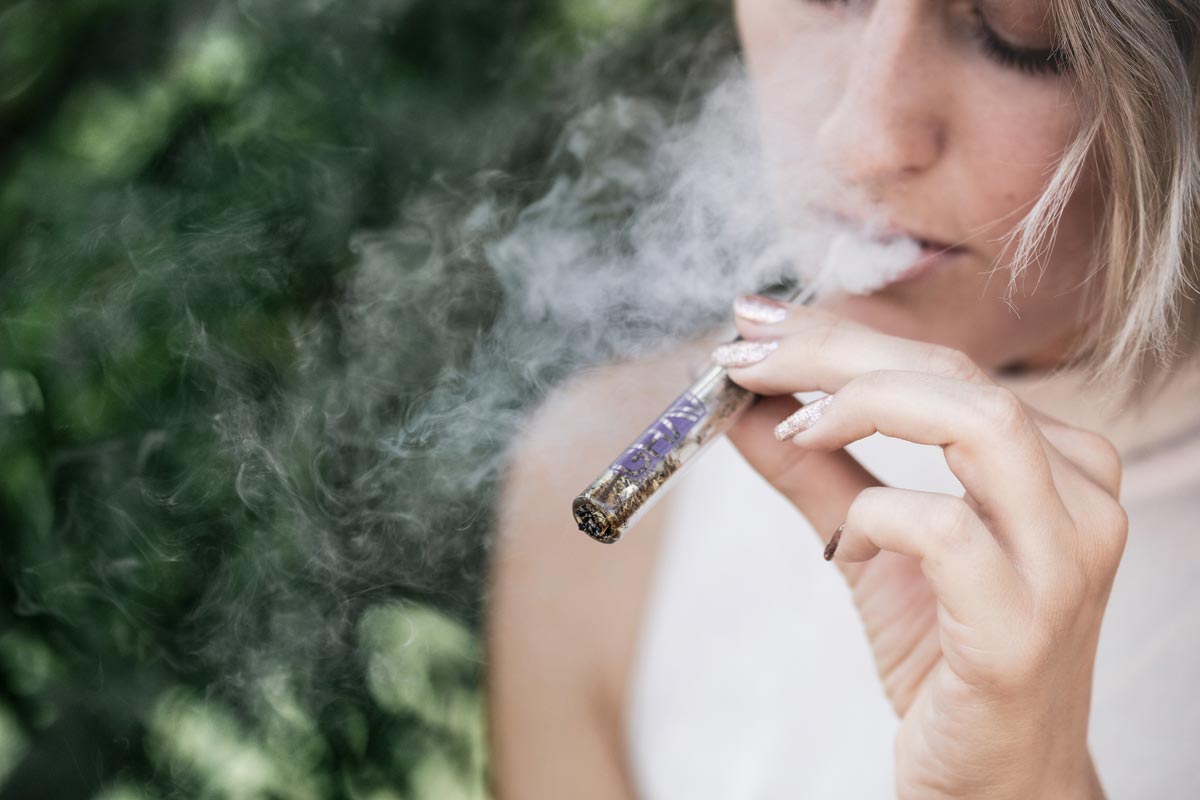react to such feelings in unhealthy ways. The program teaches us to live one day at a time, staying present is vital to the goal …
Addiction Recovery in The Music Industry
how many friends you have, and what your financial standing is presently. Everyone has some level of propensity to get caught up …
Continue Reading about Addiction Recovery in The Music Industry
Recovery Fellowship During Thanksgiving
Please do not get discouraged if your family chooses to stay on the periphery of your life for now. In time, your actions will …
Continue Reading about Recovery Fellowship During Thanksgiving
E-Cigarettes Could Save Millions of Lives
trying to get a grasp on the risks and benefits of using the devices. Both for smoking cessation purposes and/or replacing one …
Continue Reading about E-Cigarettes Could Save Millions of Lives










